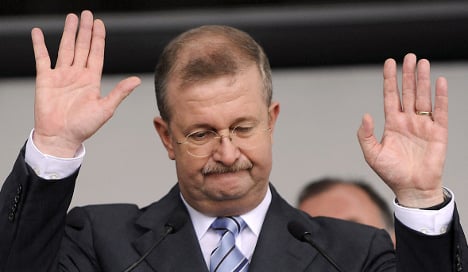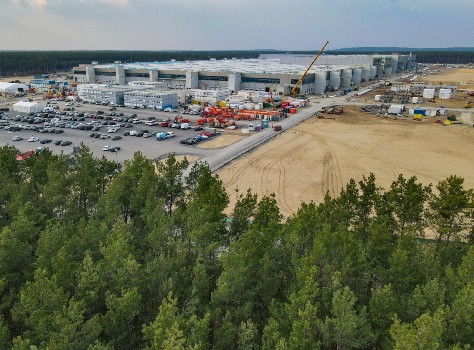Porsche gave few details but daily newspaper Die Welt reported that the probe centred on former executives including Wendelin Wiedeking, who resigned as CEO last month after failing in his bid to acquire Volkswagen.
“On Thursday morning, officers from Stuttgart prosecutors entered the company’s offices with search warrants,” the firm said in a statement. It said it was facing allegations of breaching information publication requirements as laid out by the German Stock Corporation Act and of market manipulation.
“Porsche denies the accusations. The company will cooperate with the prosecutors and is fully supporting the investigating officers in order to contribute to a swift clearing-up of the matter,” it said.
Under Wiedeking, Porsche built up a 51-percent stake in the much larger VW and wanted to take full control but the attempt failed and left Porsche squeezed under a huge debt pile. The two firms now plan to merge. In the course of the takeover battle, VW shares soared but in recent days they have fallen back sharply as the takeover premium has unwound.
A spokeswoman for Bafin, Germany’s financial market watchdog, said the probe would also focus on recent fluctuations in the share price. “We will be looking very closely at the stock movements in recent days,” the spokeswoman told Die Welt.
During the Porsche/VW takeover deal, a series of so-called cash settlement options in VW shares earned Porsche billions as the stock climbed in value and were at one point quoted at more than €1,000 a share. That briefly made VW the world’s biggest company by market capitalisation. In late trade Thursday, VW was quoted at €145.5.
Up until a few months ago, Porsche was making more money with its financial transactions than it was by selling its iconic 911 sports cars and other models, as analysts tried to explain how one car manufacturer was doing well while others were slammed by a collapse in global auto markets.
Die Welt said finance director Holger Härter, who resigned at the same time as Wiedeking, was also targeted by the probe.



 Please whitelist us to continue reading.
Please whitelist us to continue reading.
Member comments